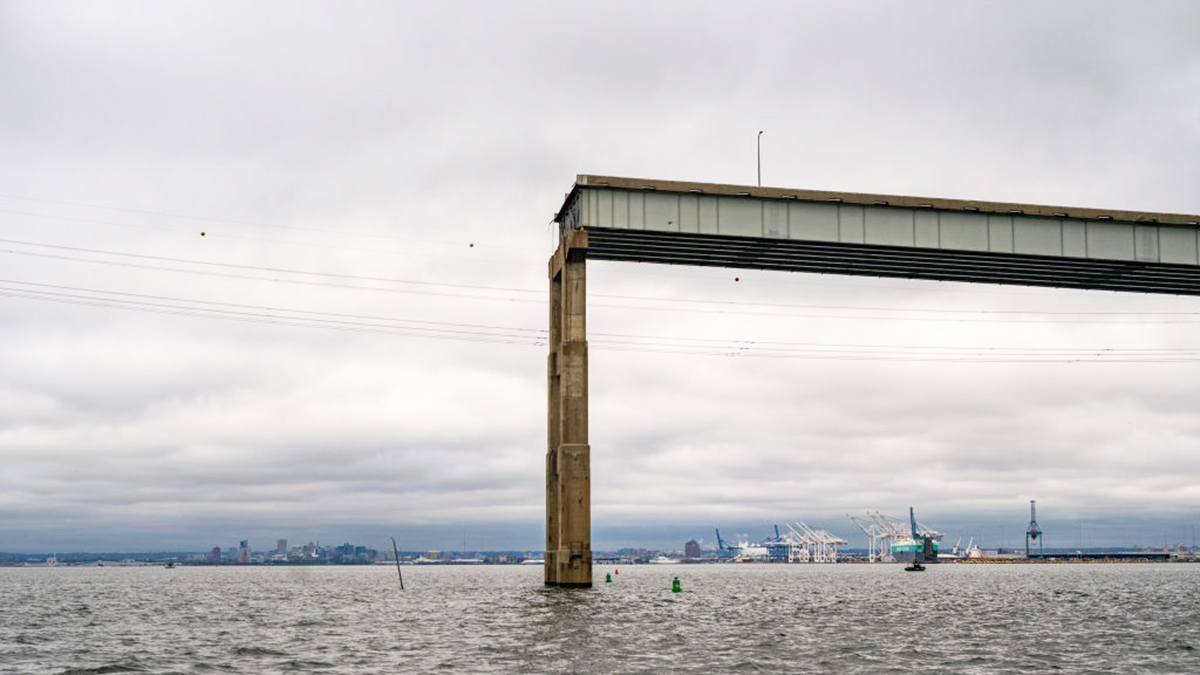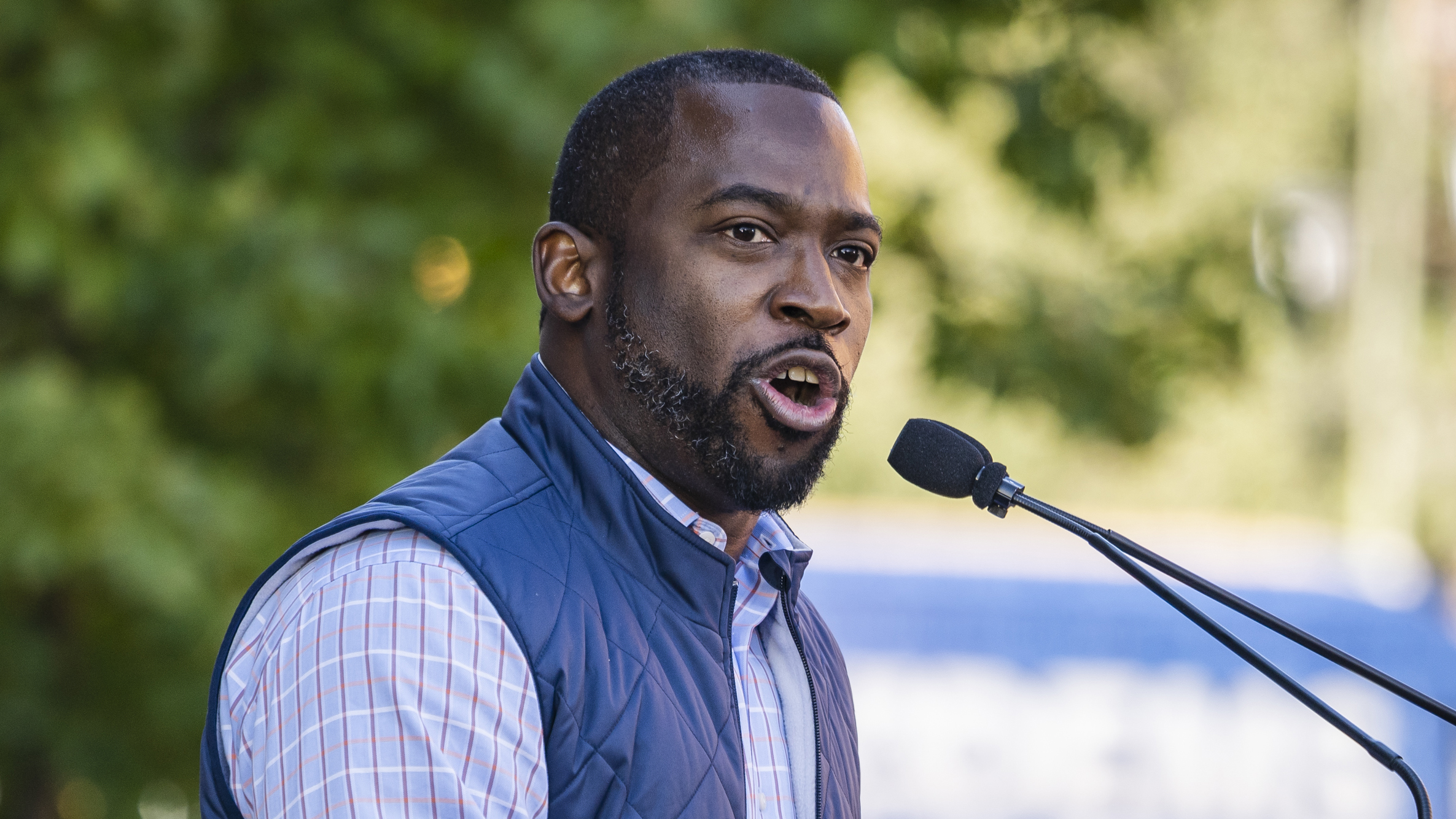Some Metrobus workers in Northern Virginia were on strike for the 12th day Monday.
The group of union members who work at WMATA’s Cinder Bed Bus Garage are protesting Transdev, a private company they say isn't treating them fairly.
The strike has affected bus routes 17, 18 and 29 in Northern Virginia.
Union members are asking that the private employer pays their workers the same rate as other Metrobus drivers in the area. They say workers employed by the private contractor are paid $12 per hour less than a regular WMATA bus operator who does the same work. The union also said Transdev charges workers a $6,000 deductible for their health insurance, leaves workers with “no hope” for retirement benefits and employs people part-time, even when they want full-time work.
The union is demanding that WMATA General Manager and CEO Paul Wiedefeld intervene in the strike and either end Metro’s private contract with Transdev and hire all Transdev workers as WMATA employees, or force the company to negotiate with workers from the union for a fair contract.
The union said Transdev walked away from the bargaining table Saturday — the second retreat in the strike so far.
Last Tuesday, Wiedefeld released a statement urging both sides to come to an agreement “immediately” and calling the work stoppage “unacceptable.” At the same time, Wiedefeld said that because Transdev and ATU provide service under other agreements in the region, he has “confidence that an agreement is within reach.”
Local
Washington, D.C., Maryland and Virginia local news, events and information
As the strike drags on, hundreds of riders in Northern Virginia have been forced to find another means of getting around.
"The strike is terrible for me," said Steven Andrews, who typically rides the 18P bus from Burke Center to the Pentagon. "I normally catch the bus across the street. Since we are a one-car family, my only real option now is to walk to the park-and-ride or VRE station a bit over a mile away."
Another bus rider, who has been catching the 17K line for over two years, has similar thoughts about the work stoppage.
"This bus strike is absurd, and there is no good reason to inconvenience 4,000 riders a day," she said. "It’s been nearly two weeks without service and no movement toward resolution. Our local leaders have done nothing and Virginia taxpayers are providing dedicated funding for no service."
She said when the morning service was first canceled, riders were not notified by the WMATA Metro until 8 a.m. that morning. She said she found out about the disruptions on the radio.
The union will hold a Metrobus strike rally Wednesday at WMATA headquarters on 5th Street in Northwest D.C.
Transportation organizations and government officials have publicly supported the striking workers in solidarity against company privatization.
“We proudly stand in solidarity with Striking @Transdev workers. #1u,” tweeted the Transportation Trades Department.
Democratic presidential candidate Sen. Bernie Sanders tweeted “Transdev cannot continue to put profits over people. Cinder Bed Road workers deserve fair pay, workplace protections, and good health care benefits. I am proud to stand with @ATULocal689 in their fight.”
The Transport Workers Union of America tweeted “We support @atulocal689's fight for a fair contract @wmata.”
The Rail and Maritime Transport Union of New Zealand also took photos holding signs that read “WE SUPPORT TRANSDEV WORKERS AT CINDER BED,” shown on the local union’s Twitter account.
In response to rider complaints about Transdev, WMATA responds by emphasizing “TransDev is a private company. Metro does not have direct involvement in this matter which involves a private company and their employees.” The response tells the rider to contact Transdev directly, instead.
“Thousands of bus riders have been left stranded, because the private contractor WMATA hired to lower costs on the backs of workers, Transdev, refuses to negotiate a fair contract with these union members,” reads a statement from the union. “The WMATA Board and GM Paul Wiedefeld created this problem, and it’s their job to fix it.”
This is the first work stoppage that has affected Metro operations in more than 40 years. The last strike happened in 1978.



